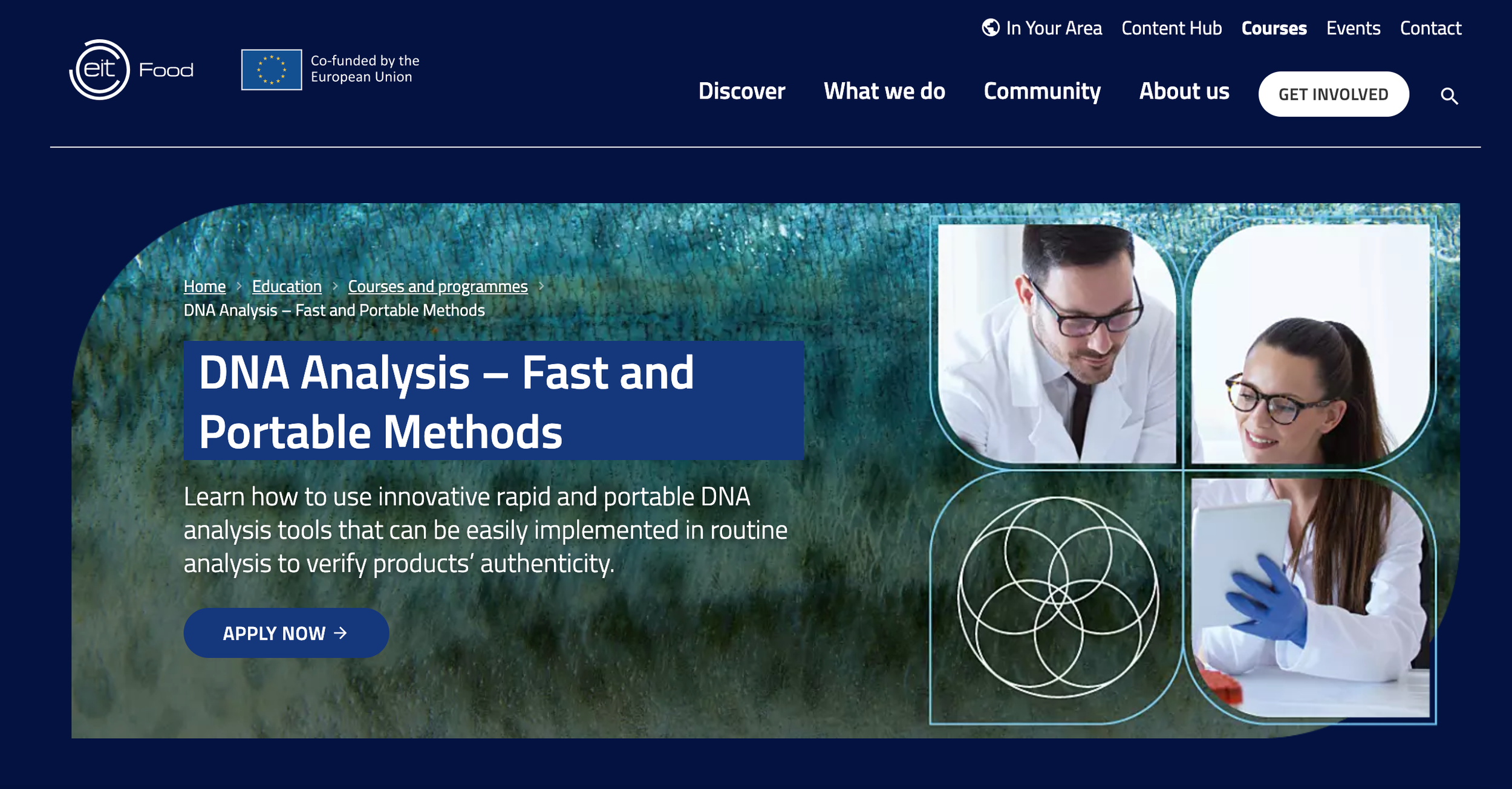
NanoBioSensor, developing a faster methodology to detect the presence of spoilage
September 29, 2022
Today, on 29 September 2022, we celebrate the third International Day of Awareness of Food Loss and Waste, a global awareness day promoted by the Food and Agriculture Organization of the United Nations (FAO) and the United Nations Environment Programme UNEP.
According to the Food and Agriculture Organization of the United Nations, from a global perspective, approximately one-third of the food that is intended for human consumption gets lost or wasted along the food supply chain every year. This is equal to an amount of 1.3 billion tons.
For fruits and vegetables, it is estimated that 50 % of the annual harvest does not reach the consumer. Additionally, at the consumer level, insufficient purchase planning and expiring ‘best-before-dates’ also cause large amounts of waste.
The project NanoBioSensor, a collaboration between INL, Exatronic and Frulact, developed a faster methodology to detect the presence of spoilage-responsible microorganisms (yeast and moulds) in fruit preparations.
The device and methodology were developed by combining the researchers’ expertise in molecular biology, microfluidics and electronics. This new methodology allows much faster detection of microorganisms – reducing the total analysis time of 7 days to less than 24 hours with a sensibility comparable to conventional methods.
The results of the project NanoBioSensor are of high interest to the food industry, making it possible to better control fruit preparations during their processing, storage and transport, contributing to the reduction of food loss and waste.
Reducing food loss and waste presents an opportunity for immediate climate benefits while improving the overall sustainability of our food systems – a necessary transformation to ensure better planetary and nutritional outcomes for current and future generations.



